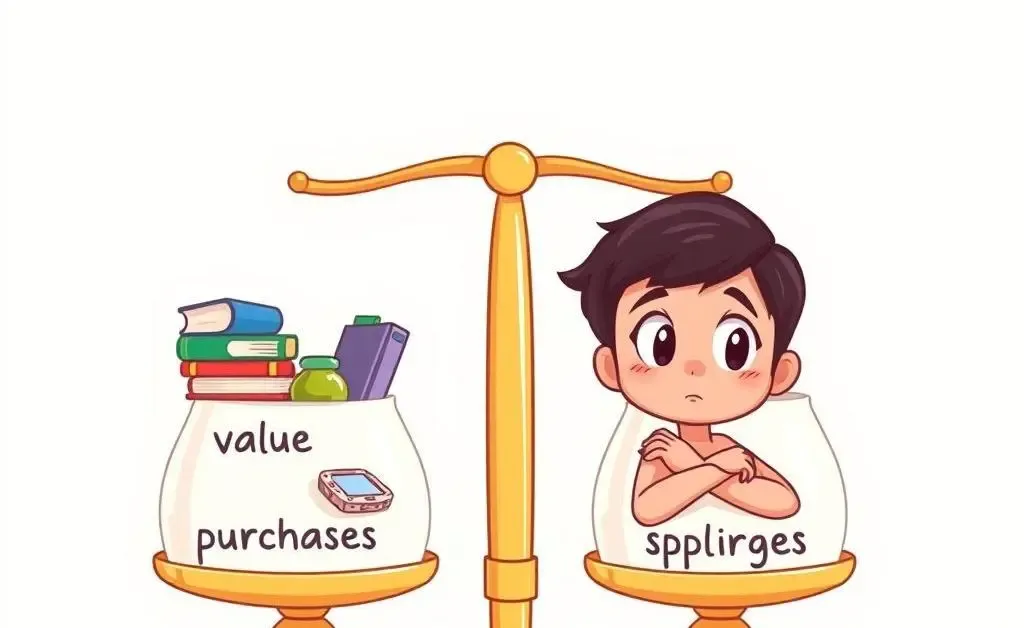High Earners, Tight Budgets: Balancing Frugality with Financial Freedoms
Explore how high earners maintain frugality while enjoying financial freedom.

Hey there! Have you ever wondered how some high-income folks manage to keep their expenses low while seemingly living the high life? It's a bit of a puzzler, right? You'd think that a larger paycheck means opening the floodgates to luxury. But surprisingly, many high earners keep a tight grip on frugality—and here's why.
Firstly, let's dive into mindful living. High earners are often keen on ensuring their financial habits align with long-term goals, not just monthly thrills. Sure, the occasional splurge happens, but the day-to-day decisions are often where frugality shines.

Understanding Value versus Splurge
There's a distinct dance between spending for value and veering into splurge territory. Here's a trick some high earners use: before any purchase, they ask themselves if it's adding value to their life or if it's just a fleeting desire.

Strategic Budgeting Insights
The cornerstone of maintaining frugality is a well-thought-out budget. Rather than leaving finances to chance, many affluent individuals set precise, purposeful budgets that prioritize savings and investments over frivolous spending. It's about making money work better, not harder, right?
Prioritizing Financial Freedom
You know what's even better than a luxury car waiting in the driveway? The wonderful feeling of financial security. High earners often prioritize funding their savings and retirement accounts, securing their future while others might lean toward instant gratification.

In conclusion, it's about balance. Managing money smartly opens up choices that align with both present enjoyments and future securities. What’s your method for balancing the two? Share your thoughts!




